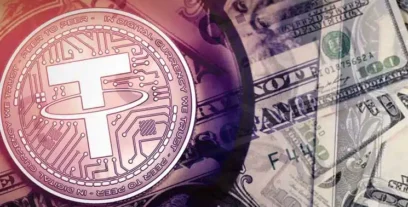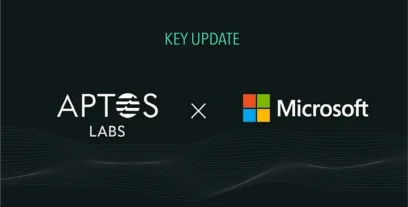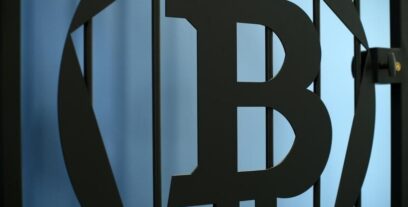
While Bitcoin spent the last decade soaring and making millionaires out of many people, other owners of the world’s largest cryptocurrency have missed out. Why? One major reason: they’ve lost access to their account. In fact, more than $100 billion in Bitcoin is estimated to be lost – but some is recoverable, says at least one firm.
A 2020 report from Chainalysis, a forensics company, estimated that about 3.7 million bitcoins have been lost. That’s out of a total of about 19.6 million in existence today, and a maximum supply of 21 million tokens when Bitcoin is fully mined. At the high end, that could be about 19 percent of today’s supply that is gone forever. Or is it?
Traders who have lost access to their Bitcoin or other digital currencies and assets may have the ability to recover them, at least with the help of one high-tech firm.
Bitcoins may be recoverable
Bitcoin’s vaunted security cuts both ways, preventing the bad guys from getting your stash but also – and often – you, too!
One of the most highly touted aspects of Bitcoin and other cryptocurrencies is their security. Not only are they nearly impossible to counterfeit, but transactions are almost irrevocable. Once someone has your bitcoins, they own them for keeps. It’s a similar situation if you forget your password, it gets tossed out as part of a move or you throw away a hard drive holding the coins.
But Chris and Charlie Brooks, father-and-son founders of CryptoAssetRecovery.com, have been recovering Bitcoin and other digital assets since 2017 for people who have lost their passwords, despite the high security.
“We estimate that about 2.5 percent of that approximately 20 percent of lost coins could still be recovered,” says Chris Brooks. The figure amounts to as much as $4 billion in recoverable assets with Bitcoin trading near $44,000, he says.
Of course, not all digital assets are recoverable. Corrupted hard drives or those that were thrown away are likely gone for good. But Crypto Asset Recovery says it has a decent chance of getting your lost loot back if you had encrypted private keys but forgot your password or if you had a failed hard drive with private keys.








Comments (0)